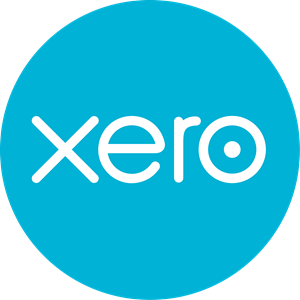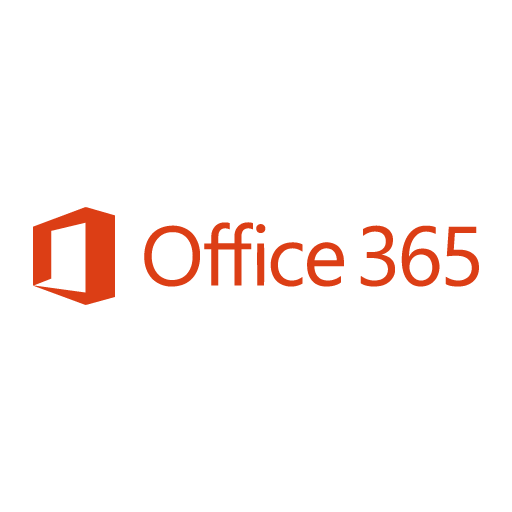On Creating A Platform For Free Sound Effects [1.7 Million Members]
Hello. My name is Alan McKinney and I’m the founder of ZapSplat. We are online royalty-free sound effects and music library licensing our content to creatives of all kinds exclusively online via our website.
What makes us different is we operate a freemium business model and there are very few other companies out there in our industry doing the same thing. Most of our content is free with several upsells that allow us to monetize the business. When I launched the website back in 2015, it was a hobby designed to share around 6,000 of my sounds to help out students and creatives on a budget. It wasn’t my intention to try and make a profit from it. However, since emigrating to Australia in 2017, I have focused full-time on it which has led to our service now being used by everyone from students right through to high-end production companies and we’ve started licensing third-party content too. I often hear my sounds on TV, radio, in games, and in movies, something I never imagined could happen. It’s grown and grown beyond what I ever thought possible and my users tell me daily how integral ZapSplat has become to their workflow. It’s this that gets me out of bed in the morning to continue to grow the library.
Since 2017, we have grown from around 10,000 sound effects and...

Download the report and join our email newsletter packed with business ideas and money-making opportunities, backed by real-life case studies.

Download the report and join our email newsletter packed with business ideas and money-making opportunities, backed by real-life case studies.

Download the report and join our email newsletter packed with business ideas and money-making opportunities, backed by real-life case studies.

Download the report and join our email newsletter packed with business ideas and money-making opportunities, backed by real-life case studies.

Download the report and join our email newsletter packed with business ideas and money-making opportunities, backed by real-life case studies.

Download the report and join our email newsletter packed with business ideas and money-making opportunities, backed by real-life case studies.

Download the report and join our email newsletter packed with business ideas and money-making opportunities, backed by real-life case studies.

Download the report and join our email newsletter packed with business ideas and money-making opportunities, backed by real-life case studies.


































